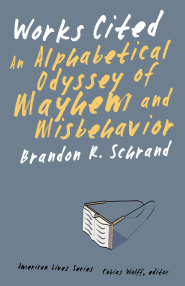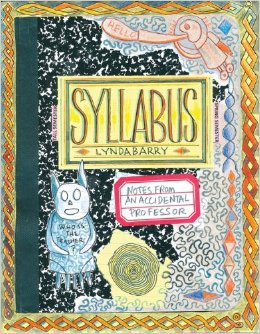4 November 2015/11:30 AM
Last week, I woke up in the middle of the night with a fragment of an idea about how to structure the second volume of my Undisciplined stories: Syllabus. What does that mean? I’m still trying to figure that out. What I do recall from my 1 am, or was it 2 am?, musings was that I like/d the process of crafting the course syllabus. I imagined it as a form of storytelling. A form in which I provided a guide for exploring ideas/theories/authors, where students didn’t just passively consume a Narrative about the course topic, but engaged with my story and challenged it, built upon it and transformed it through assignments, in-class activities, readings and discussions.
In my new book project, I’m not interested in offering up any straightforward account of my experiences as a teacher. Instead, I want to explore and experiment with how I might be able to continue being a teacher beside and besides the academy. What do I do with all of the stories (in papers, blog posts, syllabi) that I crafted within the academy? What do those stories mean to me? Who do I share them with and how? I think incorporating syllabi and/or using the syllabus as a way to structure this project could be key.
Does this make any sense? I’m struggling to make my thoughts coherent. That’s okay because this struggle is a huge part of the writing, thinking, feeling and troublemaking process for me.
To help with my struggle, I’m researching other people’s stories that involve a syllabus, or things found on a syllabus, like a reading list or workbook/writing assignments. I’m hoping this research will inspire me, providing examples of creative (and effective) ways of using the syllabus to structure my story.
This morning I started reading Lynda Barry’s Syllabus: Notes from an Accidental Professor. Wow. I’ve just read the first three pages and it inspired me to write this post and provided me with another interesting source, Cartooning: Philosophy and Practice.
I just requested this book from the public library. At one point in the video, he suggests that his book, which was originally a course syllabus, is a how-to manual. I do not envision my current book to be a how-to manual. I want to offer some guidance about life beside/s, but I don’t want to frame it as how to do this, or how to be this. I’m reminded of the first part of the title of my presentation with KCF years ago: This is not a how-to manual, but an invitation to engage. What might that look like?

